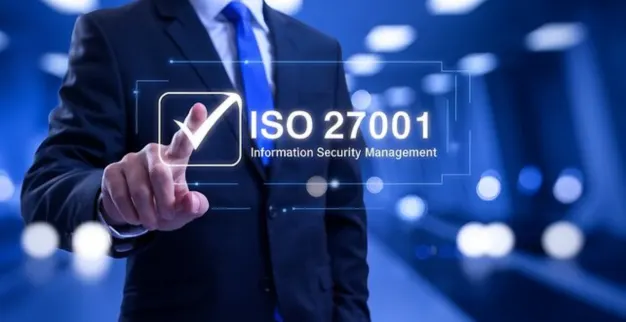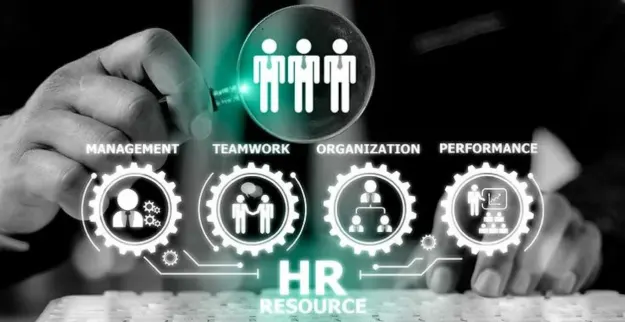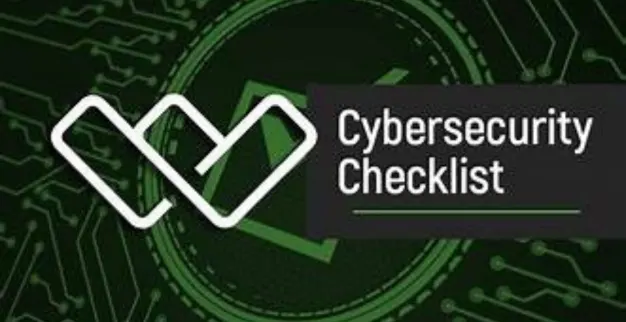How to Automate HR Process?
By: Ganesan D 06 Jun 2025 Category: Automation
Automating HR processes can significantly boost efficiency, reduce errors, and free up HR teams to focus on strategic tasks. Here’s a clear step-by-step guide to help you get started:
Read more...


